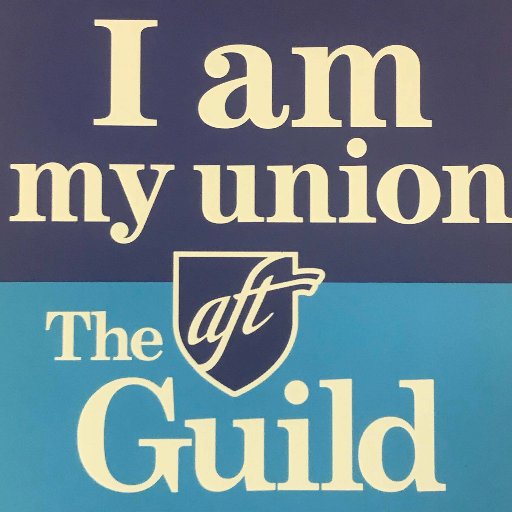Over the last few weeks, the national political discourse has been chock-full of handwringing in media circles over whether Elizabeth Warren, Bernie Sanders, and others will push the Democrats beyond what whoever the pundit of the moment is deems the “acceptable” political boundaries by talking about taxing the rich.
Meanwhile, America’s moneyed elite are laughing all the way to the bank.
The rich are getting richer so fast that it’s hard to keep up with them. That’s the take away from a new Economic Policy Institute study that notes that the federal survey used to measure wages at the top is inadequate because the “threshold” after which they stop recording wages for top earners hasn’t been updated in 20 years despite the fact that the earnings of the rich have skyrocketed since that time. Hence, as the Washington Post put it in a story on the EPI report, “Increases in wages at the top are outpacing economists’ ability to measure them.”
Nonetheless, as the Post observes:
[T]he available data paints a clear picture of broadening disparities between top earners and everyone else. Adjusted for inflation, wages for the top 5 percent of earners rose from $50.46 an hour in 2000 to $63.10 in 2018, an increase of 25 percent. The median worker’s hourly wage, meanwhile, rose by 7 percent over that period, to $18.80.
The EPI study is also important because while much of the news media continues to equate current low unemployment numbers with a “good economy,” the picture isn’t really that rosy for the average worker. In “State of Working America Wage 2018,” EPI’s Elsie Gould observes that, “Although the unemployment rate continued to fall and participation in the labor market continued to grow over the last year, most workers are experiencing moderate wage growth and even workers who have seen more significant gains are just making up ground lost during the Great Recession and slow recovery rather than getting ahead.”
In addition to that reality check, the EPI report also documents several significant trends:
*That the disparity between the top 5 percent of earners and everyone else is broadening.
*That while the wage inequality is growing in general, the gaps between whites and workers of color persists and is, in some cases, worsening.
*That the wage gap between men and women persists despite some progress.
*That wages for lowest paid workers increased the most in states with minimum wage increases.
As stark and persistent as the decades-long march of inequality with regard to wages is, things look even worse when one considers not just income, but wealth. That is precisely what the most recent Oxfam report on global inequality did and it isn’t pretty.
According the Guardian:
The growing concentration of the world’s wealth has been highlighted by a report showing that the 26 richest billionaires own as many assets as the 3.8 billion people who make up the poorest half of the planet’s population.
In an annual wealth check released to mark the start of the World Economic Forum in Davos, the development charity Oxfam said 2018 had been a year in which the rich had grown richer and the poor poorer.
It said the widening gap was hindering the fight against poverty, adding that a wealth tax on the 1% would raise an estimated $418bn (£325bn) a year – enough to educate every child not in school and provide healthcare that would prevent 3 million deaths.
Of course, just as the hard edge of income inequality falls more heavily on women and people of color, the global wealth disparity also dishes out harms inequitably. Thus, it is clear that continuing to look at the intersection of race, class, and gender rather than privileging one factor over the other is the wisest approach for any analysis of power and that focused policies that raise wages for the poor, like minimum wage increases, protecting collective bargaining rights for all workers, and enacting progressive taxes on the wealthy, are tried and true ways to raise everyone up regardless of race or gender.
But when the world’s 26 richest people own as much as the poorest 50% of human beings on the planet, things like a wealth tax that would still leave billionaires obscenely rich are seen as unrealistic pipe dreams—not because they wouldn’t work, but because the current neoliberal ideological hegemony finds basic economic justice unimaginable.
And things will only rapidly continue to get worse on all fronts until we find the courage to break free of the mind-forged manacles that keep us chained to a system that is running the world off a cliff.






0 Comments